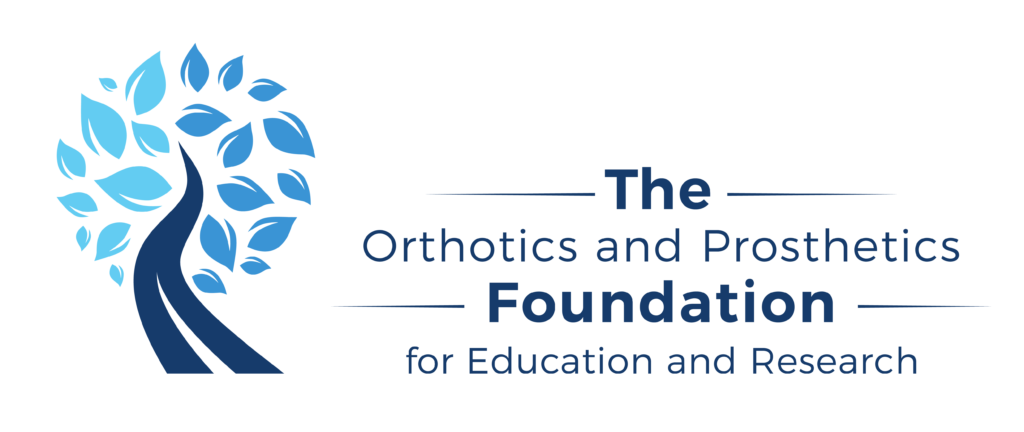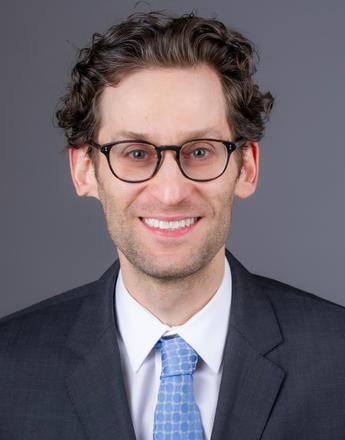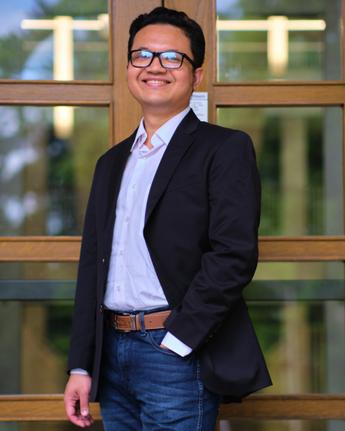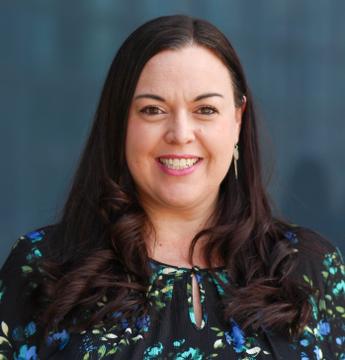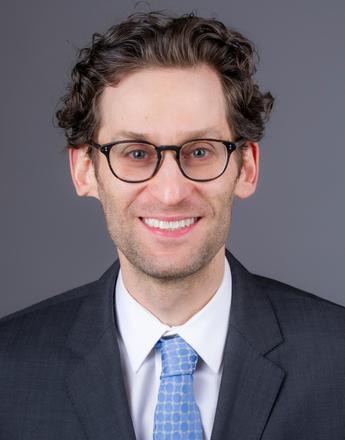
Noah Rosenblatt
Background
Dr. Rosenblatt received his PhD in biomedical engineering from Boston University, and completed his post-doctoral training at the University of Illinois at Chicago (UIC)in the Biomechanics Research Lab under the mentorship of Dr. Mark Grabiner. He then continued at UIC as a Research Associate Professor, teaching biomechanics and research classes in the Department of Kinesiology and Nutrition, while maintaining a research focus on reducing falls and promoting mobility in both intact older adults and in lower limb prosthesis users.
In 2017 he joined the faculty at Rosalind Franklin University of Medicine and Science where he currently serves as an Associate Professor in the Department of Podiatric Medicine and Surgery, with the majority of his service focused on advancing his research agenda as a member of the Center for Lower Extremity Ambulatory Research (CLEAR). Additionally, he serves as the Assistant Dean of Researchfor the Dr. William M. Scholl College of Podiatric Research. He has over 50 publications to his name and since 2017 has received continuous research funding from numerous federal sources including the National Institutes of Health and the Orthotics and Prosthetics Outcomes Research Program, and currently serves as the director of an NIH-funded program (T35 award) to train podiatric medical students in the conduct of biomedical research.
Why did you apply?
I was always passionate about O&P research (in fact that was part of the impetus for my attending Northwestern University as an undergraduate as it allowed me to connect with and complete an honors thesis with faculty at their O&P center) but with my PhD work being in the area of cellular mechanics and my primary work as a post-doctoral fellow focused on older adults, I was eager to work with prosthetists on a project that had a clinical focus but also incorporated my knowledge in falls and biomechanics gained during my post-doctoral training. The award mechanism provided an opportunity to develop a project that did just this.
How did the funding impact your career?
Lacking a specific background in O&P outcomes research, the award (and subsequent publications) helped to demonstrate to future review panels that I have the ability to generate clinically important ideas in the field and to work with the population. I feel fairly confident that this was essential in helping me to secure my first large federal funding award.
What did the funding mean to you personally?
This was an award that I received at a very early stage in my career (while I was still a Research
Associate professor). It helped to reinforce that I had fundable ideas that are of high merit. This provided me with a sense of purpose and drive, that I was able to carry into faculty interviews and that ultimately allowed me to obtain my current position.
